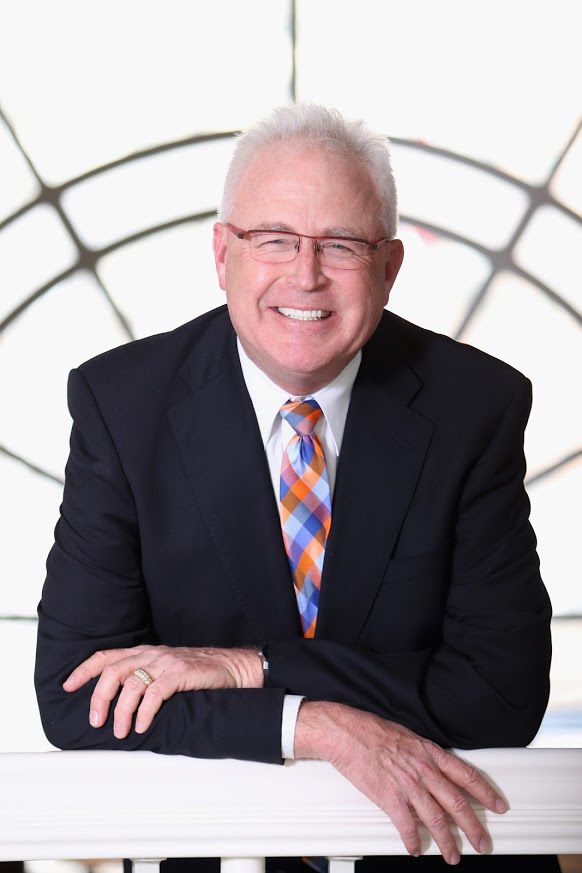THE PODIUM: Don’t impose cookie-cutter California air standards on Colorado

Imagine if Colorado decided to cede its policymaking authority to California. The Colorado General Assembly could declare “whatever works for California works for us” and adjourn.
As ridiculous as this sounds, some are proposing that Colorado do exactly that when it comes to our vehicle emissions standards.
They are urging Colorado to adopt California’s Low Emission Vehicle regulations, known as Cal-LEV, which are based on the air quality in cities like Los Angeles, which is among the nation’s most polluted.
Colorado would be inextricably linked to California. Whatever the California Air Resources Board decides to do would automatically apply to the Centennial State.
More than seven out of 10 new vehicles sold in Colorado are pickup trucks, SUVs or other all-wheel-drive vehicles. In contrast, Californians, who aren’t as likely to drive up mountains or navigate through snow, are more likely to drive cars.
That distinction isn’t considered by the California Air Resources Board, whose rules would become a one-size-fits-all cookie-cutter mandate for Colorado.
The good news is Colorado has and continues to make great strides in air quality – without surrendering its autonomy.
Nationally, today’s new vehicles are 99 percent cleaner than they were in the 1970s, according to the U.S. Environmental Protection Agency.
Newer technology like electric-only and hybrid vehicles are part of the extraordinarily clean new vehicle mix. But advances in gas-powered internal-combustion engines are a key contributor to this remarkable progress. In some cases, the exhaust they produce is cleaner than the air outside.
As a result, even though Americans drive more than twice as many total miles as we did in 1980, common air pollutants have declined across the United States by two-thirds overall.
In California, in fact, cars have become so clean that lawn and outdoor power tools like leaf blowers are projected to quickly overtake cars in terms of their total contribution to smog-forming emissions there.
But these new vehicle improvements weren’t good enough for Colorado’s new car dealers, who recognized that the environmental benefits of the new cars they sell are offset by older, dirtier cars.
In fact, as author Malcolm Gladwell wrote in 2006, just 5 percent of the vehicles in Denver produced 55 percent of the automobile pollution, often because these cars were old or poorly maintained.
Recognizing this reality, we created the nonprofit Clear the Air Foundation. Colorado dealers donate high-polluting trade-in vehicles, which are then recycled so they’ll never dirty our state’s skies again.
So far, we’ve taken nearly 3,200 of these old, smog-producing vehicles off Colorado’s roads for good and we continue to build on that progress at the rate of about two more recycled vehicles each day. The new vehicles that replace them are not only cleaner, they’re also significantly safer thanks to technological strides in that area.
But this progress could be reduced if environmental mandates raise the cost of clean new vehicles. The so-called “jalopy effect” describes how consumers put off new vehicle purchases when prices rise, meaning they drive older, dirtier, less safe cars longer. That offsets the benefits of progress in emissions reductions and passenger safety.
All this begs the question: If Colorado is making this kind of progress, why would it consider something as drastic as adopting the Cal-LEV standards?
If we surrender authority for our air quality to bureaucrats in California, we put ourselves at their mercy. They aren’t accountable to Coloradans so that’s a recipe for finger pointing.
Let’s continue Colorado’s proud history of developing innovative policy solutions that reflect the unique values of our state.
Read The Podium weekly; it’s where prominent players in Colorado politics address the big issues of the day.













